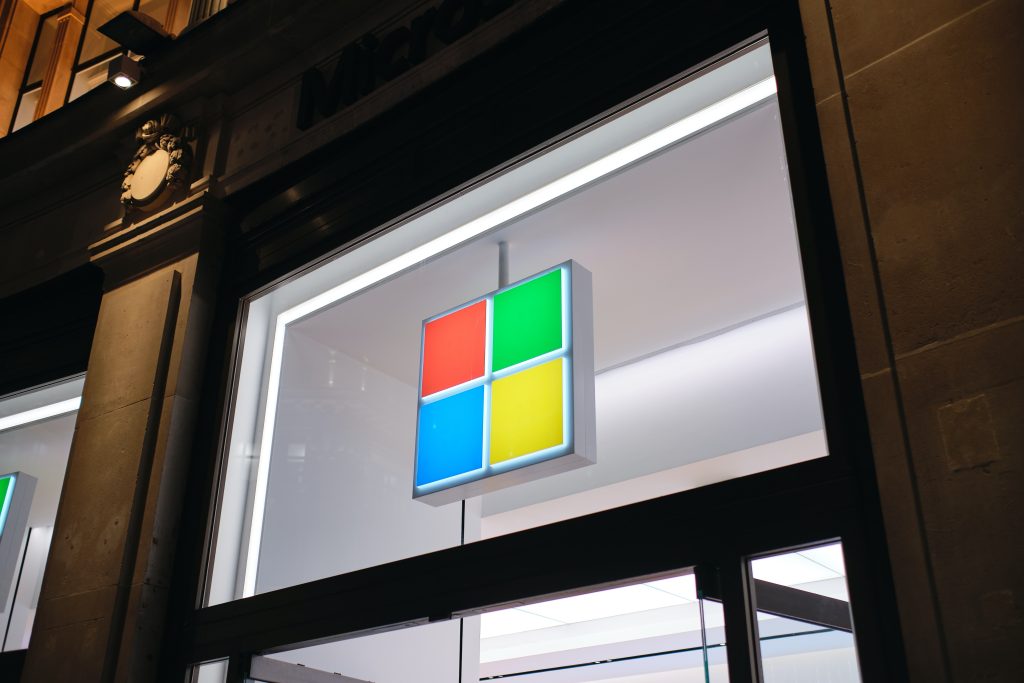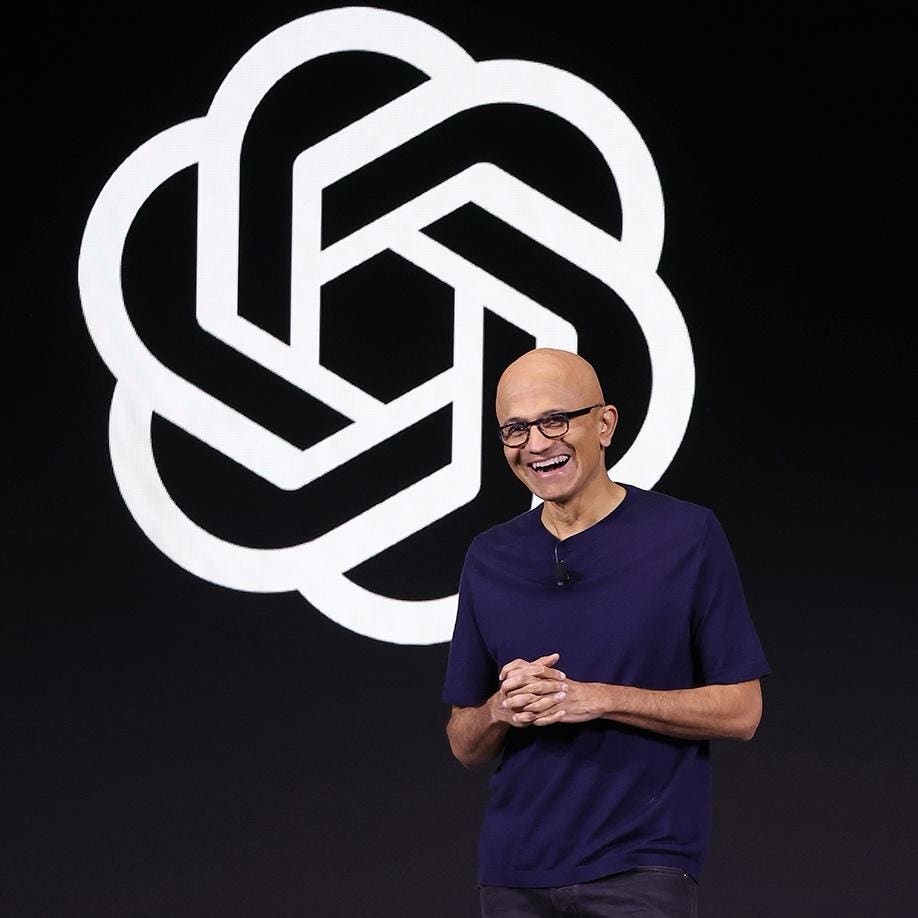In an industry where innovation moves at a breakneck pace, stability in leadership is a keystone for success. OpenAI, a company at the forefront of artificial intelligence research and development, faced a leadership crisis that sent waves throughout the tech community. After nearly a week of uncertainty, the company announced a return to familiar leadership, reinstalling Sam Altman as CEO, a decision bringing about a significant shift in the trajectory of the company and the field of AI.
The Crisis Concludes, Status Quo Restored
This week of upheaval ended with a stark announcement, which meant OpenAI’s profitable business partnership with Microsoft remained secure. Microsoft, which had recently made a substantial $13 billion investment in OpenAI, demonstrated its commitment while simultaneously bolstering its AI capabilities. Despite the volatile week, the resulting conclusion can be viewed as a coup for certain AI stakeholders.
A Return to the Helm for Altman
Sam Altman emerged as a prominent winner from the fiasco. Facing an unexpected ousting, Altman quickly consolidated support from OpenAI’s staff with what was essentially a loyalty pledge, highlighting the rift between leadership and board. With Altman’s reinstatement as CEO, his role not only reinstates him in his former capacity but also further cements his reputation as a leading visionary in the AI field.
Microsoft’s Unyielding Position

Microsoft CEO Satya Nadella aimed to suppress speculation about Microsoft’s involvement. Preceding the return of Altman, Nadella ensured that Microsoft was focused on continuity in delivering AI technology to its customers, whether through Altman or another avenue. However, Microsoft’s investment placed them far from a neutral stance, and Nadella suggested increased influence in OpenAI’s governance as part of the shake-up to avoid future surprises, potentially opting for a board seat at OpenAI.
Shaping the Board with New Members
The inclusion of Bret Taylor and Larry Summers on OpenAI’s board signals a realignment of the company with influential figures. Taylor brings with him a rich tech legacy, encompassing leadership roles at Salesforce, Facebook, and as former chair of Twitter where he was instrumental in the Elon Musk acquisition saga. Larry Summers, on the other hand, with his notable career, including a presidency at Harvard University, though not without controversy, represents an addition of established expertise—and possibly, elite influence—to OpenAI’s board.
AI Pioneers and Skeptics: The Ideological Rift

The outcome of the crisis also shines a light on the ideological chasm around AI development. Altman’s overt support for the rapid commercialization of generative AI stands in contrast to the apprehensions of some board members concerned about AI’s potential long-term risks. The latter group’s influence seems to have been weakened as a result of the board reshuffle.
The concerns of these members resonate with the larger voice in AI that seeks a measured pace and a focus on aligning AI with human-centric values. The brief interim CEO, Emmett Shear, appeared to share these apprehensions. While the leadership crisis seems resolved, it raises questions about the philosophical direction in which OpenAI will move, at a time when effective altruism—the potential for AI to benefit humanity—is part of the debate.
What Lies Ahead for OpenAI and AI Regulation
Though the recent shakeup indicates OpenAI may not necessarily rush headlong into AI advancement without risk consideration, Summers has notably been vocal about AI impacts on labor, and Altman has already demonstrated a commitment to artificial intelligence regulation by engaging with US lawmakers. OpenAI is likely to remain at the center of global discussions on AI rules and policies.
A Tectonic Shift in AI’s Future
The OpenAI leadership crisis, though brief, indicates a pivotal moment in artificial intelligence. It showcases the tension between rapid innovation and cautious oversight, and the power struggles inherent in such a transformative field. The return of Altman and the appointment of new board members mark a significant alignment with powerful interests, which could drive the future of AI for years to come.
Whether or not these decisions will prove beneficial to OpenAI and the broader goal of creating technology that serves humanity remains to be seen. This critical moment epitomizes the delicate balance of power, principle, and progress within the AI space, highlighting the complexities that leaders and companies must navigate in this emergent and ever-evolving landscape.




